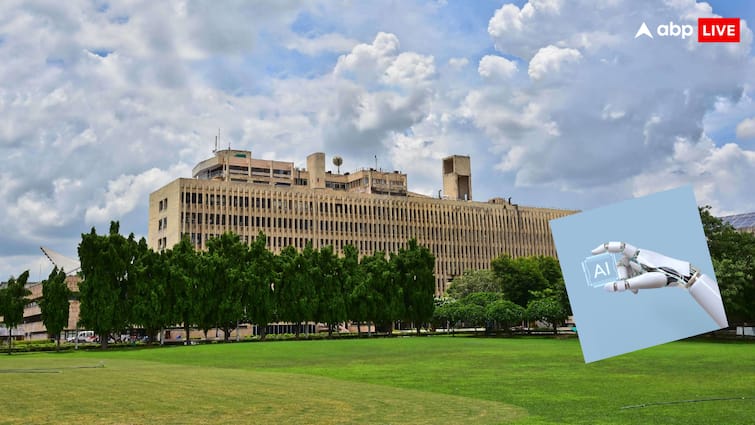Mumbai: Schools affiliated to international boards are gaining traction in India's tier-II and tier-III cities as aspirational second- and third-generation business owners and professionals with higher disposable incomes send their children to these schools.
These schools, which have tuition fees upwards of 7-9 lakh per annum, are now offering specially trained teachers—some roped in from overseas—and infrastructure on a par with their counterparts in metros.
Cities that have become popular for these schools include Coimbatore, Ooty, Kodaikanal, Pune, Amaravati, Bhopal, and Surat.
“Most of the students come from Coimbatore and our fees for the junior classes are 2-3 lakh in tuition. We train our teachers in different international boards, but retention is a challenge in both metros and smaller cities,” said Meera Bhalla, Head of School Ruh Continuum K5 Campus in Coimbatore. The K12 school, which is part of the Shree Saraswathi Vidya Mandira ( SSVM) Institutions, includes IB in its curriculum.
Shrewsbury International School India, a co-educational boarding school in Bhopal, will start its first batch of students from August 2025. It is charging 22 lakh a year including boarding fees.
“The ratio of teachers from abroad to those in India is 80:20 and the kind of infrastructure and greenery that smaller cities offer is not there in cities,” said Abhishek Mohan Gupta, founder and president, Board of Management at Shrewsbury International School India. The school has just started its admission process for classes 6-12.
Range of teachers
Teachers in the international schools get a compensation that can range from 15-40 lakh, many of who are poached from metros to the smaller cities. While there is no bonus, teachers get additional incentives if their team of students win competitions.
“International schools have grown at a high CAGR of 40% especially in tier-II and tier-III cities,” said Narayanan Ramaswamy, partner and head for the education and skill development practice for consulting firm KPMG, India. “The increased disposable income and aspirational value attached to education in these cities have been the key drivers.”
The consulting and audit firm has established educational institutes in metros among its clientele, which now want to offer courses under international board curriculum in the smaller cities.
Several types of educational boards operate in India, including state boards, the Central Board of Secondary Education (CBSE), and the Indian Certificate of Secondary Education (ICSE), which have so far been most commonly followed by Indian schools.
But the country also has institutes affiliated with international curriculum-based boards such as the International General Certificate of Secondary Education (IGCSE), an English-language qualification similar to the GCSE in the UK, and the International Baccalaureate (IB), a nonprofit foundation. headquartered in Switzerland.
“There are a lot of third-generation businessmen emerging in tier-II cities. Many of them have been educated outside India. When they return to take over or establish businesses, one of their main concerns is the type of education they can provide to their children,” said loluck Baby, senior director, academic excellence for South India at school edtech startup LEAD. The unicorn's clients are large school groups that run schools affiliated with state board, CBSE, as well as international curriculums such as the IB.
The development comes after the covid-19 pandemic pushed many schools in the country into a state of financial instability. According to media reports, the education ministry recorded closures of nearly 20,000 schools in India in 2021-22 due to covid. The deteriorating quality and stability of schools has, hence, left parents looking for better curriculum and infrastructure for their children.
The other reason for the popularity of these schools is the networking hub it creates from an early age. “This is also a relatively closed community, where only a certain segment of affluent individuals can access these opportunities. The average fees are around 7 lakh, so only elite kids attend. The school is becoming more than just a place of education—it's also a networking hub for the kids,” Baby of LEAD told. Mint.




